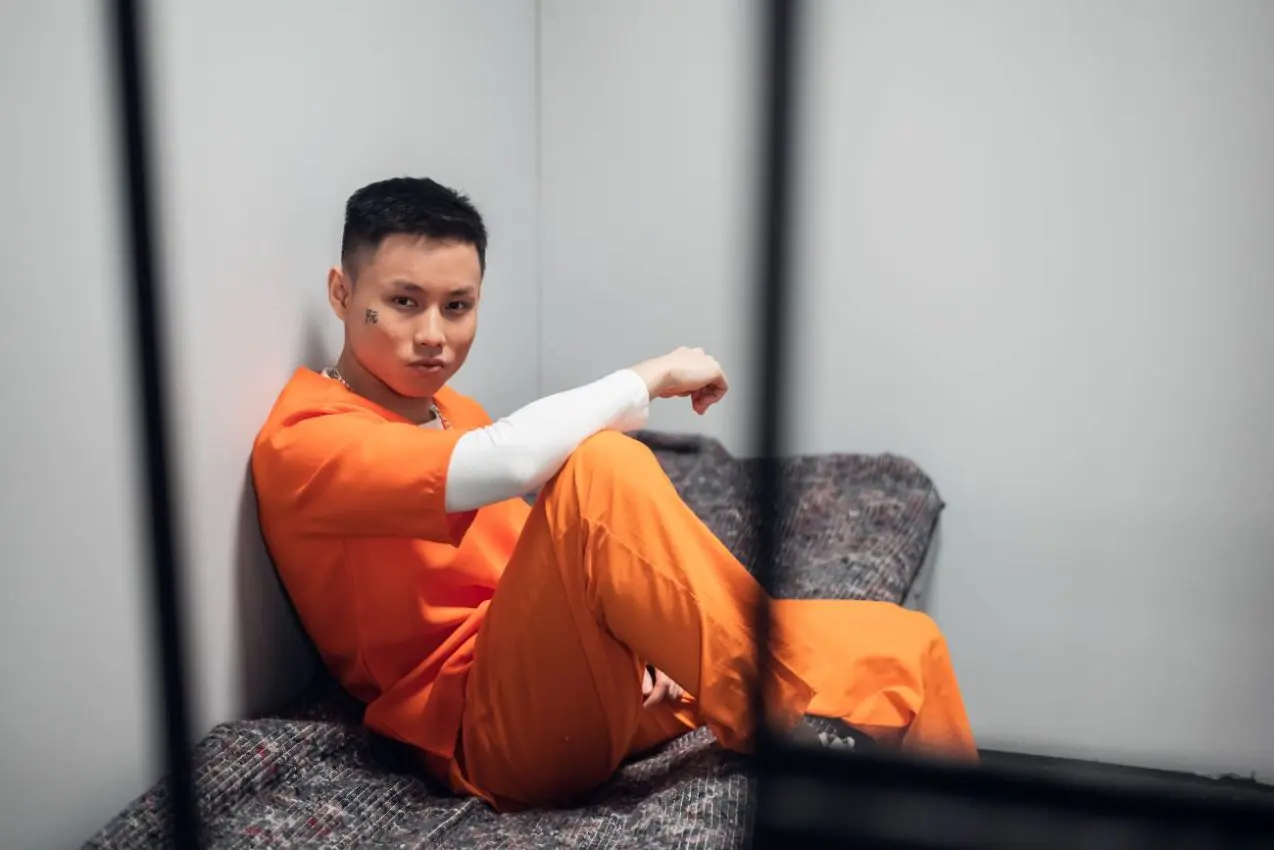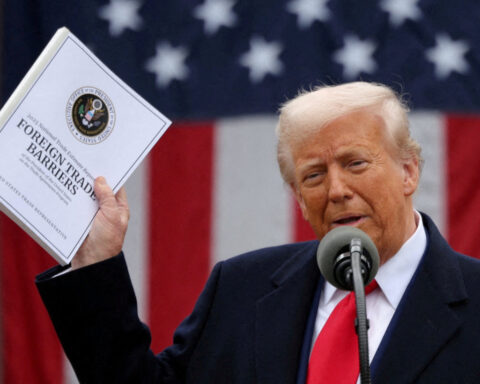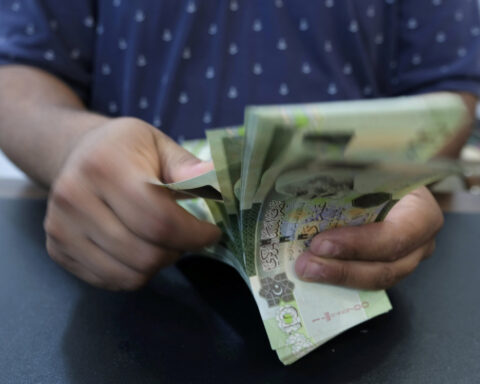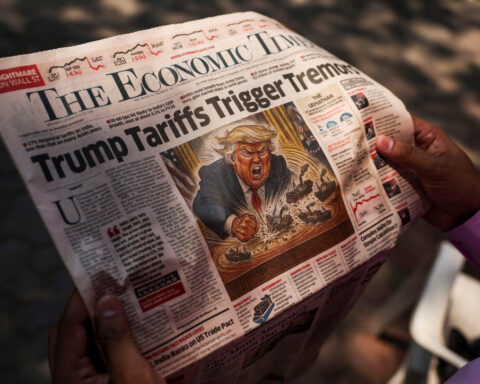The Supreme Court made a controversial decision on Monday by choosing not to consider the case of an Illinois inmate who has been kept in solitary confinement and without outdoor exercise for nearly three years. The court’s brief order rejecting the case gave no rationale, as is customary.
But three dissenting liberal justices penned a forceful rebuttal, decrying the appalling mistreatment suffered by inmate Michael Johnson. Justice Ketanji Brown Jackson, joined by Justices Sonia Sotomayor and Elena Kagan, described the harrowing conditions imposed on Johnson at Pontiac Correctional Center.
"Throughout that period, Johnson occupied a cell without windows, constantly illuminated, which was approximately the same size as a parking space," Justice Jackson stated. His cage had little ventilation, which caused extreme heat and unpleasant smells. The area was also unclean, frequently covered with human feces.
Justice Jackson added that Johnson frequently had to clean the filth with his bare hands, as he was denied cleaning supplies unless he paid for them himself. Johnson was permitted to shower just once a week for 10 minutes.
But the central issue was the denial of any outdoor exercise for almost three years straight. Justice Jackson explained that in addition to typical hardships of solitary confinement, Johnson was completely barred from going outside his tiny cell to stretch and breathe fresh air.
This extreme deprivation resulted from punishment for Johnson's violations of prison rules, which were numerous due to his struggles with mental illness. For each infraction, authorities revoked the one hour of outdoor time in an enclosed yard that prisoners in solitary receive five days a week.
These revocations stacked up until Johnson went years without any opportunity for movement or sunlight. The confined cell prevented exercise there. Justice Jackson said the impacts were severe, exacerbating Johnson's deteriorating mental state.
Federal appeals courts have typically determined that prisoners have a constitutional entitlement to regular outdoor exercise as per the Eighth Amendment, which forbids cruel and unusual punishment. But the Seventh Circuit ruled that denying Johnson yard access for 90 days as discipline did not violate his rights, nor did stacking multiple 90-day penalties consecutively.
Dissenting judges countered that such extreme deprivation is clearly unconstitutional, just as starving or torturing prisoners would be. But the Supreme Court declined to intervene in Johnson's case, refusing to hear his appeal of the adverse lower court decision. The terse order gave no insight into the justices' reasoning.
In her dissent, Justice Jackson blasted this outcome allowing Johnson's treatment. She detailed how denying any chance for movement or fresh air for years ignores human dignity and psychological needs. Johnson's mental state unraveled without exercise, causing auditory and visual hallucinations, self-harm attempts, and suicidality.
Justice Jackson concluded that between three weeks and two years without exercise, a line exists where constitutional rights are breached. She found it unacceptable to impose such dehumanizing restrictions regardless of Johnson's violations. Her dissent signaled deep disagreement with the court's refusal to even review the case and his years-long isolation.
The decision highlights an ongoing debate around prisoners' rights and solitary confinement. Corrections officials argue discipline must be maintained, with yard restrictions as necessary punishment. But reform advocates say this extends beyond reason, depriving inmates of basic human needs. Where to draw the line remains contested.
Critics of the practice emphasize that many prisoners in solitary like Johnson have preexisting mental illnesses exacerbated by the conditions. Depriving exercise and stimulation risks psychological breakdown when applied excessively. The United Nations equates prolonged solitary confinement with torture.
Yet prisons frequently rely on the practice to assert control, targeting rule violators. Johnson's mental health history shows the complexities of managing situations where illness contributes to misconduct. His repeated violations resulted in escalating sanctions, culminating in years without outdoor access.
In the end, Johnson's case presented an opportunity to provide guidance on constitutional limits. The three dissenting justices sought to establish that outright denying exercise for years on end crosses a moral line and defies standards of common decency. But their colleagues declined to engage on this point, avoiding the question of extreme deprivation altogether.
The court's silence leaves uncertainty around where to draw the boundaries. Justice Jackson's dissent may pressure lower courts to scrutinize harsh restrictions more closely, knowing some justices condemn the abusive treatment enabled here. But the majority's unwillingness to intervene gives implicit latitude to ongoing inhumane practices nationwide.
Johnson's harrowing experience provides insight into unchecked abuses lurking within America's justice system. While prisons require authority to punish misconduct, utilizing deprivation and dehumanization thinly masks cruelty. The Supreme Court had a chance to define moral limits, but declined. The debate continues, but basic rights hang in the balance.

 Trump has begun another trade war. Here's a timeline of how we got here
Trump has begun another trade war. Here's a timeline of how we got here
 Canada's leader laments lost friendship with US in town that sheltered stranded Americans after 9/11
Canada's leader laments lost friendship with US in town that sheltered stranded Americans after 9/11
 Chinese EV giant BYD's fourth-quarter profit leaps 73%
Chinese EV giant BYD's fourth-quarter profit leaps 73%
 You're an American in another land? Prepare to talk about the why and how of Trump 2.0
You're an American in another land? Prepare to talk about the why and how of Trump 2.0
 Chalk talk: Star power, top teams and No. 5 seeds headline the women's March Madness Sweet 16
Chalk talk: Star power, top teams and No. 5 seeds headline the women's March Madness Sweet 16
 Purdue returns to Sweet 16 with 76-62 win over McNeese in March Madness
Purdue returns to Sweet 16 with 76-62 win over McNeese in March Madness








